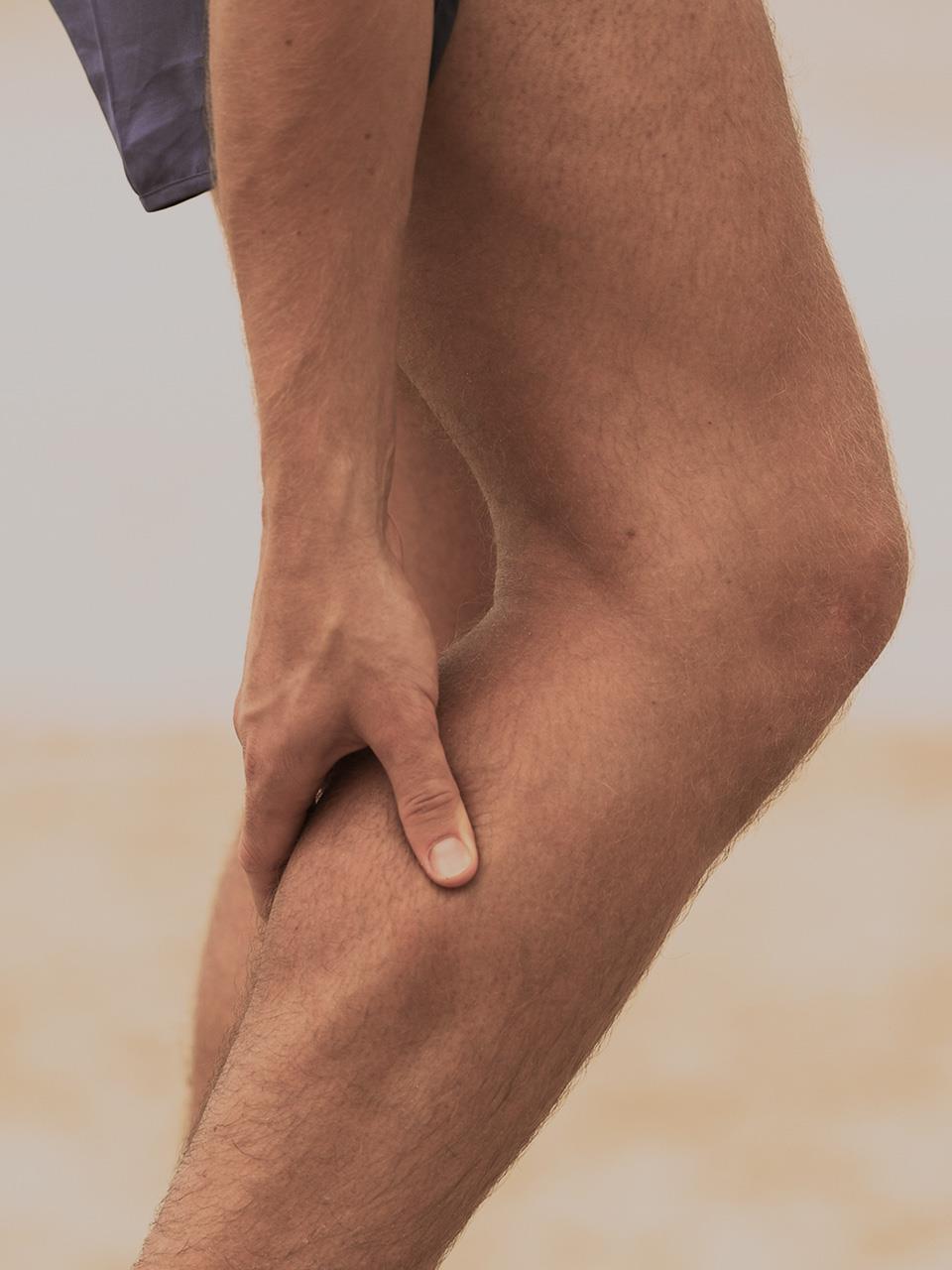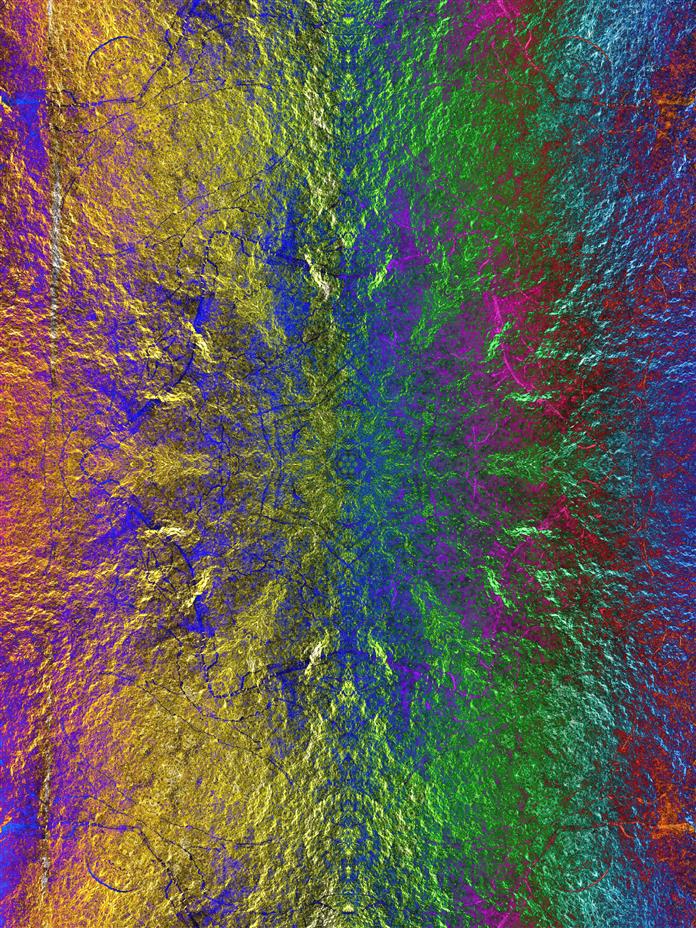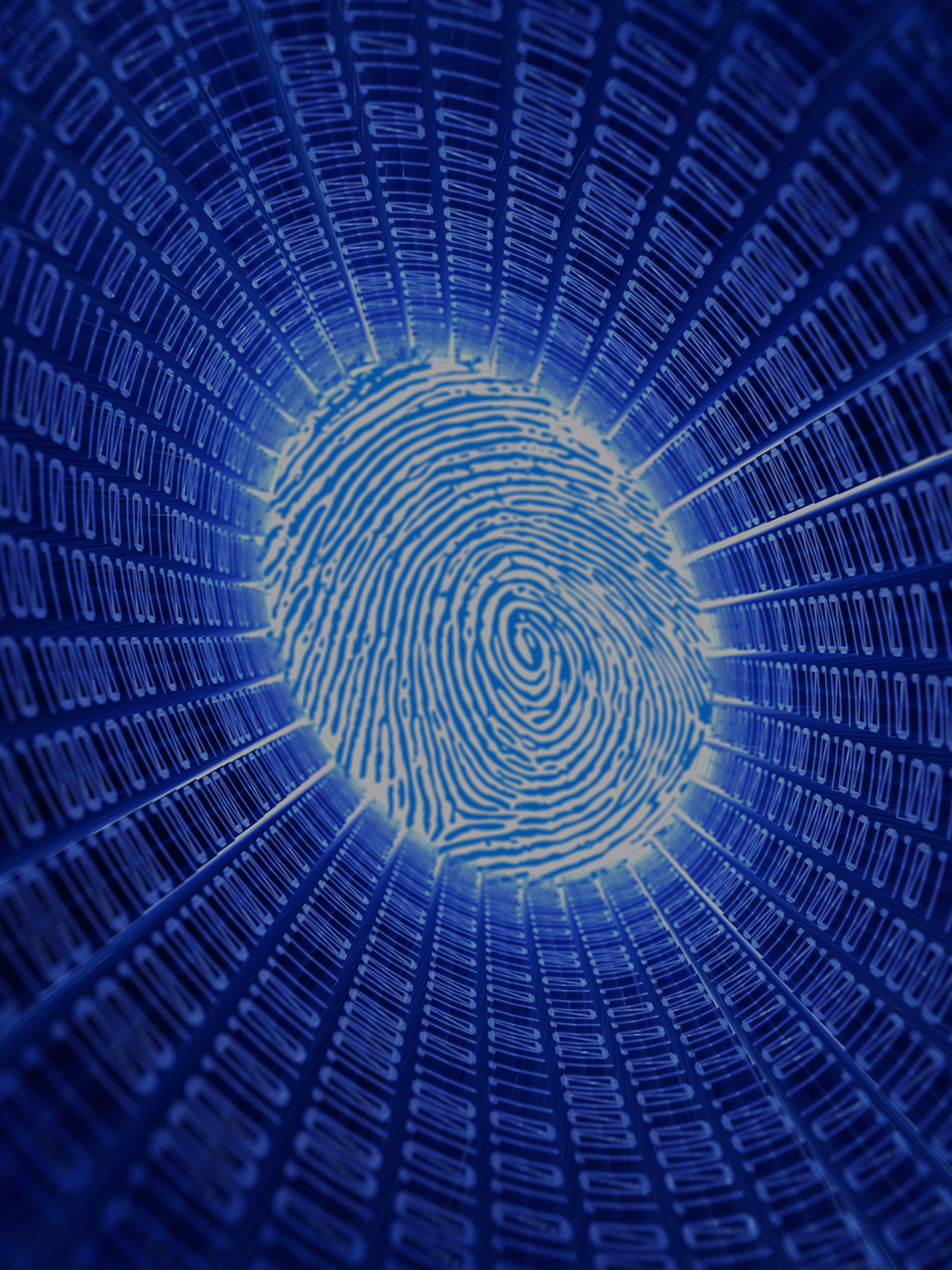
Tap to Read ➤
Medical Causes For Leg Cramps
Kanika Khara


Leg Cramps are sudden, painful, uncontrolled contractions in the muscles of the leg. This story throws light on various medical causes for leg cramps and ways to prevent them.

Also known as 'charley horse', leg cramps usually occur when the leg muscles contract suddenly and forcefully. The person experiences a painful feeling of tightness and tension in the leg muscles. The cramps usually last for less than a minute, but sometimes may last for a few minutes. Painful nocturnal cramps, predominantly affecting middle-aged or elderly individuals, can cause sleeping disturbances. Here is an elaborated account of different medical causes for leg cramps.

What Causes Leg Cramps?

There are three prime areas where these cramps mainly occur: calf (crossing the ankle and knee), the hamstrings, and the quadriceps (crossing the knee and hip).

Dehydration
The most common cause for leg cramps is insufficient intake of water. As we know, water helps in transporting minerals, vitamins, and other substances throughout our body. Hence, low water intake can cause deficient supply of nutrients to different parts of the body. Hydration of muscles is essential for them to function properly and to avoid cramping or muscle twitches during sleep, while resting/working or after exercise.

Deficiency of Minerals
Another cause for leg cramps is mineral deficiencies, i.e. low levels of calcium, potassium and magnesium in the body. Calcium deficiency causes muscle tremors and twitching which further leads to leg cramps.

Potassium and magnesium are essential minerals which help in muscle activities and maintain the body fluids balance. They also help in controlling muscles and serve as co-factors in muscle building. Hence, deficiency of these two minerals can also lead to painful and sudden leg cramps.

Excessive/Repeated Use of Muscles
Exercising in an unusual manner like over-exercise or different exercise positions or certain repeated actions during sports/regular activities can be the reason for leg cramps.

Some other factors that contribute to this condition are:
- Muscle fatigue due to chronic illnesses
- Poor blood circulation, peripheral neuropathy, as observed in diabetics
- Lack of exercise, sedentary lifestyle leading to rigid and inflexible muscles
- Excess body weight (not necessarily obesity)
- Electrolyte imbalance

- Medication like statins, prednisone, etc.
- Emotional stress
- Hormone imbalance
- Pregnancy

Treatment for Leg Cramps

- A quick fix to deal with muscle cramps, is to stand barefoot on flooring that has a cool feel to it. The cramps could well be on their way out, however the pain or stiffness that one experiences may not be treated instantly.
- You may sit on a chair with your legs folded. It relaxes your leg muscles and reduces pain.

- Consume fruits, greens and milk products, especially yogurt in abundance as these foods have the potential to maintain the electrolyte balance in the body. Make sure your regular consumption of necessary minerals is at sufficient levels. Your diet should comprise food products like bananas, tomatoes, potatoes, broccoli, and critic fruits.

- Try to reduce the daily intake of caffeine and sugar.
- Make sure your body is properly hydrated, hence, it is recommended to drink at least 6 - 8 glasses of water everyday. Thus, a home remedy to ward off painful leg cramps is to increase your fluid intake.

- Massage and leg movement is extremely beneficial to relieve the pain and discomfort due to a leg cramp. Massaging the site of tension in a circular manner will loosen the muscle tension beneath the skin.

- Stretching the cramped muscles while holding your toes or straightening the leg out will exhaust the stretch reflex and relieve you from the pain.
- If the pain still remains, apply heat compress for 10 - 12 minutes.

- If the cramps become persistent and recurring, go to a doctor for identifying the actual reasons behind these cramps. There are some muscle relaxing medications available which should be taken only under a doctor's supervision.

Following a healthy diet and a proper exercise regime can minimize the possible medical causes for leg cramps. Before going to bed, having a glass of hot water, taking a hot shower, or massaging the muscles with essential oils can reduce the risks of legs cramps, especially the nocturnal leg cramps.

Disclaimer: This story is for informative purposes only, and should not be used as a replacement for expert medical advice.